New York Times: A Stunned Russian Opposition in Exile Considers a Future Without Navalny
Alexei Navalny was the face of the opposition to Putin, so what happens now?
The death of Alexei Navalny, Russia’s main opposition leader, has stunned Russian dissidents. But it is also spurring some hope that in its desperate moment, the opposition to President Vladimir Putin will be able to unite like never before.
Doing so will be a challenge, given the often aloof approach of Navalny’s movement and the disparate assembly of other leading opposition Russian figures: nearly all of them in exile and none with his broad national appeal.
Among them is Mikhail Khodorkovsky, a former oligarch who fell out with Putin, spent 10 years in prison and in London became one of his most prominent opponents in exile. Then there is Maxim Katz, a YouTube influencer and a former poker champion, who is based in Israel. There is also Ilya Yashin, a longtime liberal politician who is serving an eight-year sentence for publicising Russian atrocities in Ukraine.
Sign up to The Nightly's newsletters.
Get the first look at the digital newspaper, curated daily stories and breaking headlines delivered to your inbox.
By continuing you agree to our Terms and Privacy Policy.Beyond these figures who are trying to speak for the whole of Russia is a plethora of small anti-war groups focused on particular Russian regions, social issues or ethnic minorities. Some of their demands — like a reckoning with Russia’s imperial history — have clashed with the more conservative position of Navalny, who had flirted with Russian nationalism in order to gain a broader following.
Many operate their own YouTube channels, or use other social media like Telegram and podcasts, to beam their messages to millions of viewers in Russia despite the Kremlin’s tightening its control of information.
But looming over all of them will be Navalny, even after his death in a Russian prison Friday. As of Sunday, Navalny’s family has still not been able to locate his body, according to his team.
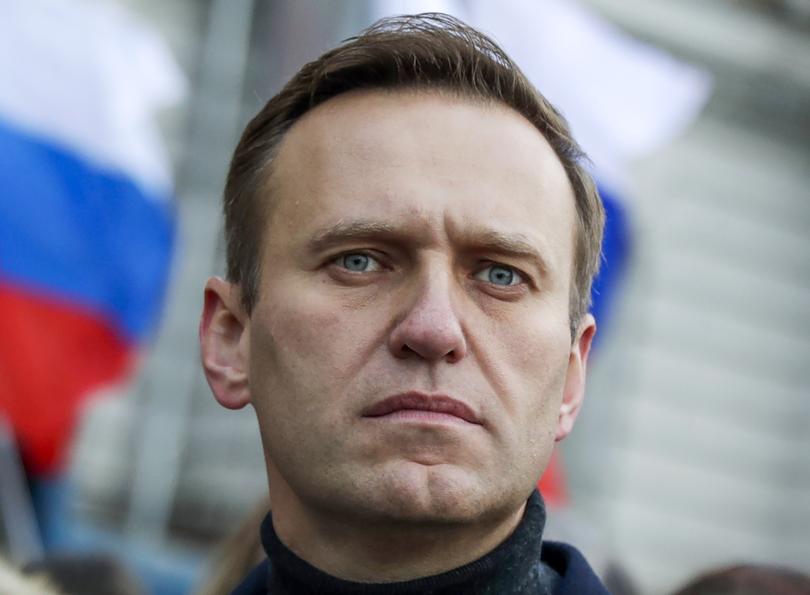
During his decadeslong political career, Navalny built an unmatched network of nationwide activist cells, social media channels and international allies that made him the face of the opposition to Putin. A team of skilled lieutenants transplanted this network into exile in Vilnius, Lithuania, after Navalny’s imprisonment in 2021.
“All of us in the opposition are at a certain loss about what we should be doing now and how,” said Katz, 39. “The entire opposition life has always revolved around Navalny, so now it’s completely unclear what will happen.”
Some of Navalny’s lieutenants, who are mostly in their 30s, have become political players in their own right, with a chance to shape the future course of the late leader’s movement. There’s Leonid Volkov, a skillful political organiser who had overseen Navalny’s network abroad, and Kira Yarmysh, Navalny’s longtime press officer.
The death of Navalny has also drawn attention to his wife, Yulia Navalnaya, 47. Her forceful speech to Western leaders in Munich after the news of her husband’s death Friday raised speculation that she could also have a political future.
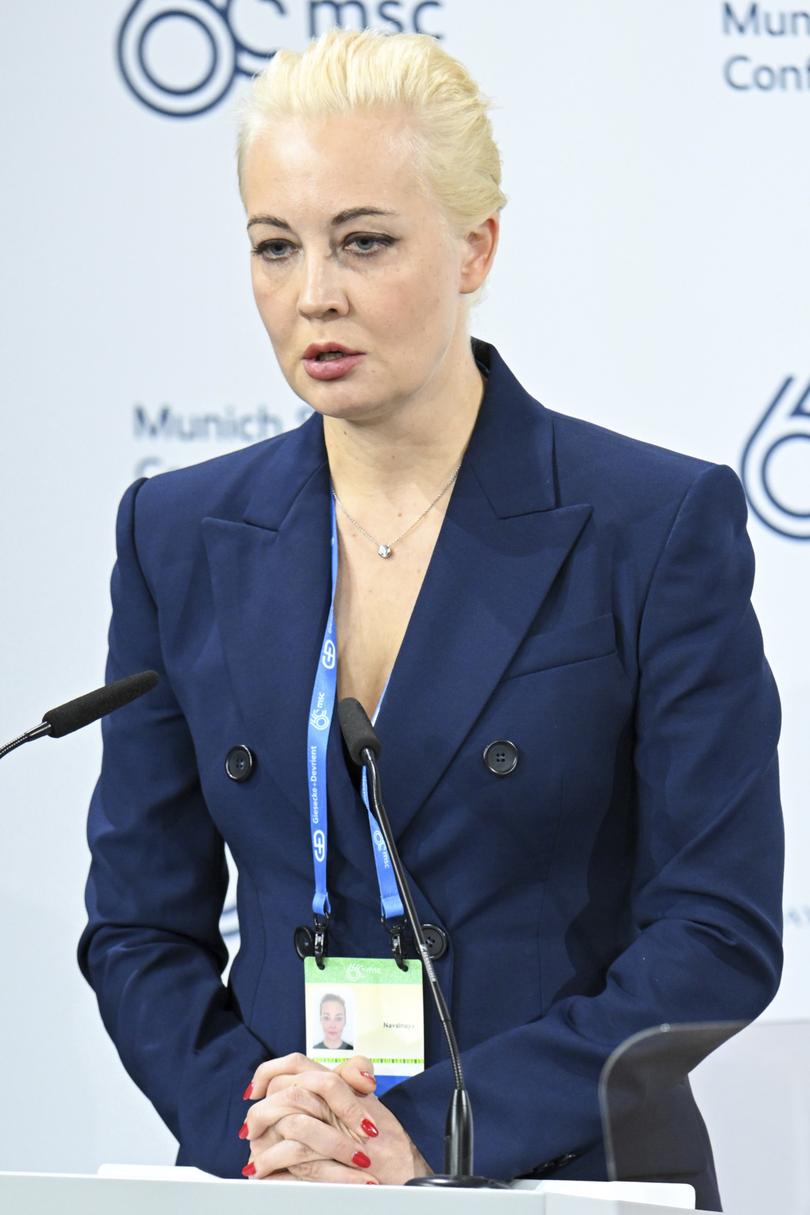
Navalny’s team acknowledged Saturday that its sprawling organisation would need to restructure to adapt to its leader’s loss. But team members gave little indication of what political direction they could take, beyond vowing to carry on Navalny’s mission.
“We would need to undergo some changes,” Yarmysh, the spokesperson, told an independent Russian news program on YouTube. “We are all perfectly aware of this.”
Yarmysh said that she did not have an immediate comment for this article. Two other senior aides to Navalny declined to comment.
This dragon, this beast, has destroyed everyone — it has killed our Lancelot, our hero.
Navalny and, later, his team have long justified their decision to go it alone, saying that the time and effort spent managing political alliances would be better spent directly confronting Putin.
“I will be direct: Go to hell with your coalitions,” Navalny wrote in response to Katz’s call for an electoral alliance on his website last year. “This is imitation of activity. A fake.”
Katz often sparred with Navalny’s team on social media. Other dissidents said such squabbles diluted the effect of the opposition and kept it divided.
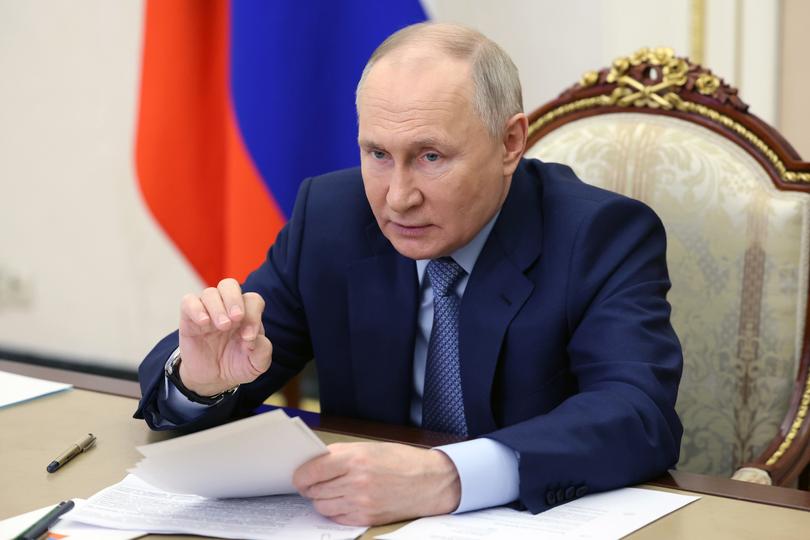
Now, with Navalny’s death, his allies, as well as the wider Russian dissident movement, are looking for a new strategy with which to oppose Putin.
From Vilnius, Navalny’s organisation runs online news channels, investigative outlets and groups of activists that continue to set the agenda for the wider opposition movement.
Their main tool has been YouTube, the last major Western social media platform allowed inside the country and the primary source of information for millions of Russians.
Navalny’s main YouTube channel, maintained by his staff, has more than six million subscribers. The organisation’s news channel, Popular Politics, which was set up after the invasion of Ukraine began in February 2022 to counter government propaganda, has more than two million. Last year, Popular Politics increased its broadcasts to about 30 hours a week and nearly doubled its staff to 130.
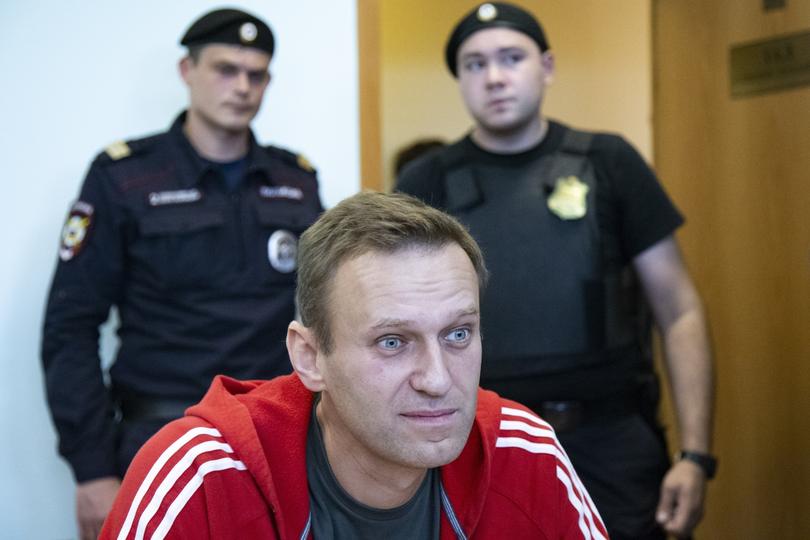
In general, broadcasts by Navalny’s team try to straddle a line between political campaigning and news, a format used by dozens of opposition politicians, civil society leaders and independent media groups that are trying to remain part of the conversation in Russia from exile.
A YouTube channel run by Katz has attracted nearly 10 million unique visitors in the past three months, according to YouTube Analytics data. Nearly 60 per cent of them came from inside Russia.
For his part, Khodorkovsky’s much-reduced wealth still allows him to sponsor a network of online news outlets targeting different sectors of the Russian public.
Katz said the success of a social media campaign launched from abroad to help a long-shot anti-war candidate, Boris B. Nadezhdin, collect the required signatures to run in the presidential election in March showed that it remains possible to create a political impact in Russia from exile. (The government-controlled electoral body later challenged some of those signatures, most likely ending Nadezhdin’s run.)
A report last year by JX Fund, a research group focused on freedom of speech, estimated that Russian independent media reached 6 per cent to 9 per cent of Russia’s adult population, a sizable amount given the ubiquity of state propaganda and repression in the country.
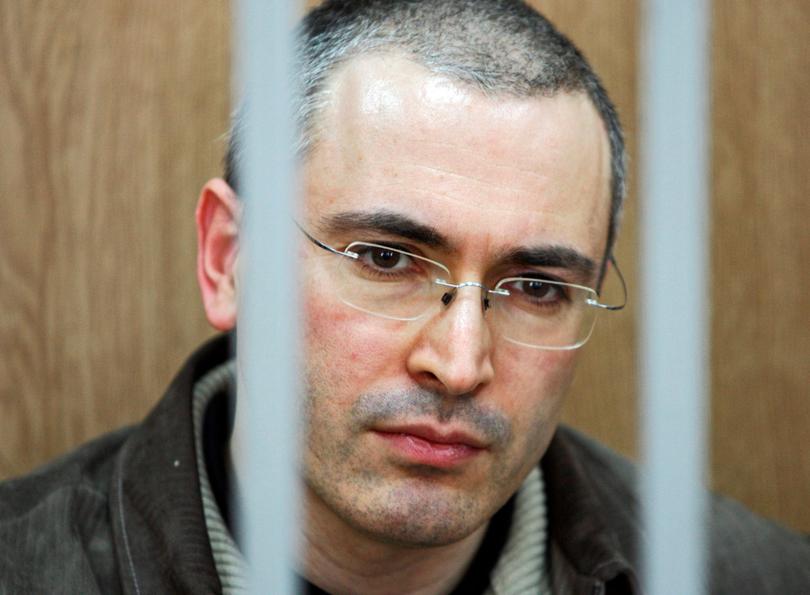
Some figures in the wider Russian opposition movement expressed cautious hope for a more inclusive political alliance against Putin that would carry on Navalny’s legacy.
“I have always called for a coalition because, among other reasons, I knew just how vulnerable individual opposition leaders are,” Khodorkovsky said. “A coalition is much more stable as a system, because if one person is gone, others are left, and yet other new ones appear.”
His view was shared by Maxim Reznik, a former regional lawmaker from St. Petersburg, Russia, who continues to work on local politics from exile in Vilnius.
“I have always thought that their isolationist position is not the correct one,” Reznik said about Navalny’s organization. “Alexei cannot be replaced, but we need some mechanism of collaboration.”
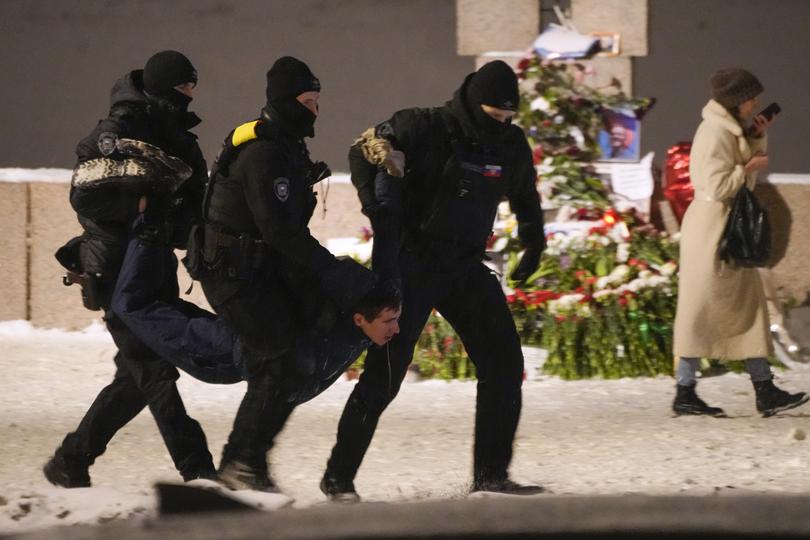
The opposition’s initial reaction to Navalny’s death has pointed in the direction of greater unity, at least for now. A unifying cause has centered around a voting initiative endorsed by Navalny on social media Feb. 1, in one of his last public statements.
The initiative, initially proposed by Reznik, calls on Russian voters to head to polling stations at noon March 17, a vote that Putin is all but certain to win.
Reznik said the initiative, essentially a political flash mob, was the safest way to express discontent in a country where any protest risks a prison term.
“We want to show that the emperor has no clothes,” Reznik said.
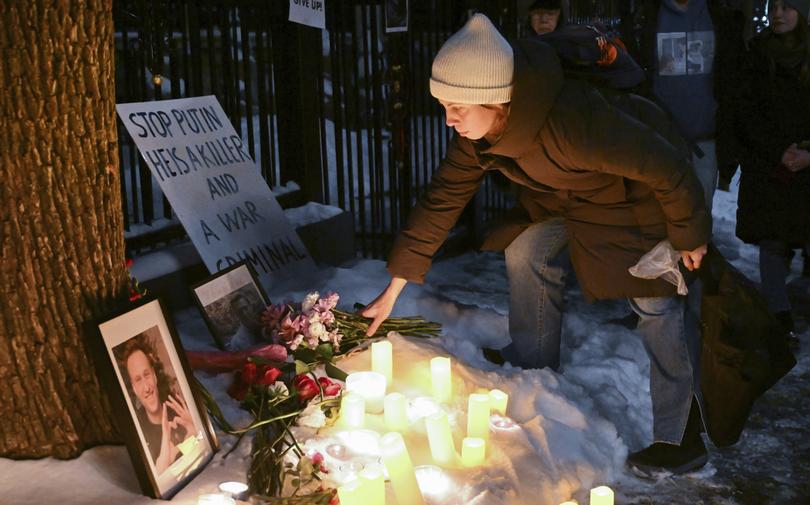
After Navalny’s death, almost all prominent opposition figures had declared their support for the midday vote.
“This dragon, this beast, has destroyed everyone — it has killed our Lancelot, our hero. The question is now only about us,” Reznik said, referring to the Russian government. “Either we come out and show the world that Russians are not slaves of the regime, or we don’t.
“And I really fear the second scenario,” he added.
This article originally appeared in The New York Times.
© 2024 The New York Times Company
Originally published on The New York Times
